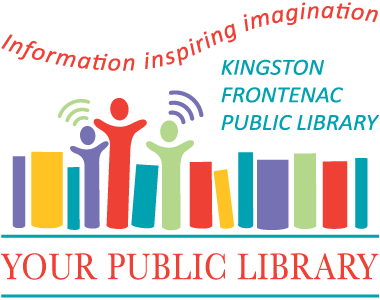
Find More Like This
Subject
Availability
| Availability Label | Location | Shelfmark | Availability | Reservations |
|---|---|---|---|---|
 |
Calvin Park Branch | Non 910.9 Bro | On loan until: 20/May/25 |
1 |
 |
Mountain Grove Branch | Non 910.9 Bro | Copies Available |
1 |
Comments and Reviews
Patron Comments and Reviews
Tell us what you thought about Four points of the compass
Summary & Details
Full Record Details Table
| Title Statement | Four points of the compass: the unexpected history of direction / Jerry Brotton. |
|---|---|
| Alternative Title(s) | 4 points of the compass |
| Author | Brotton, Jerry |
| Publication | New York: Atlantic Monthly Press,[2024]©2024 |
| Edition | First Grove Atlantic hardcover edition. |
| Extent of Item | xi, 209 pages, 16 unnumbered pages of plates |
| ISBN | 9780802163684 (hardcover) |
| Other Number | pr07672845 |
| Contents | Orientation --East --South --North --West --The blue dot. |
| Bibliography | Includes bibliographical references and index. |
| Summary | "North, south, east, and west: almost all societies use these four cardinal directions to orientate themselves and to understand who they are by projecting where they are. For millennia, these four directions have been foundational to our travel, navigation, and exploration, and are central to the imaginative, moral, and political geography of virtually every culture in the world. Yet they are far more subjective -- and sometimes contradictory -- than we might realize. Four Points of the Compass takes us on a journey of directional discovery. Societies have understood and defined directions in very different ways based on their locations in time and space. Historian Jerry Brotton reveals why Hebrew culture privileges east; why Renaissance Europeans began drawing north at the top of their maps; why early Islam revered the south; why the Aztecs used five color-coded cardinal directions; and why no societies, primitive or modern, have ever orientated themselves westwards. In doing so, politically loaded but widely used terms such as the "Middle East," the "Global South," the "West Indies," the "Orient," and even the "western world" take on new meanings. Who decided on these terms and what do they mean for geopolitics? How have directions like "east" and "west" taken on the status of cultural identities -- or, more accurately, stereotypes? Today, however, because of GPS capability, cardinal points are less relevant. Online, we place ourselves at the center of the map as little blue dots moving across geospatial apps; we have become the most important compass point, though in the process we've disconnected ourselves from the natural world. Imagining what future changes technology may impose, Jerry Brotton skillfully reminds us how crucial the four cardinal directions have been and remain to everyone who has ever walked our planet"-- |
| Subjects & Genres | |
| By Topic | Cardinal points |
| Compass | |
| Orientation | |


